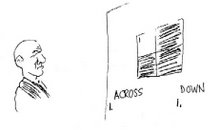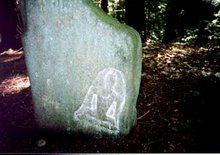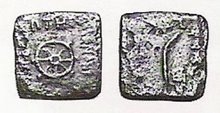 Religions are not about truth. Religions are about power. And to wield real power, they need pedestrians - foot soldiers. And, like most pedestrians throughout history, these foot soldiers must believe that they hold some solid truth. It might well be bullshit, but if they believe, then that bullshit becomes a truth in which they believe with all their (diminished) mind..
Religions are not about truth. Religions are about power. And to wield real power, they need pedestrians - foot soldiers. And, like most pedestrians throughout history, these foot soldiers must believe that they hold some solid truth. It might well be bullshit, but if they believe, then that bullshit becomes a truth in which they believe with all their (diminished) mind..What the Abrahamic religions hold in common is that their followers are taught (actually brainwashed) to believe that they were given the absolute truth when, in fact, they have been turned into pawns in a power game of the laughing powerful elite. It is somewhat more complex than just a few elite folks running a secret cabal.
प्यादा (m.) Pers. pedestrian, foot soldier, or peon/messenger








